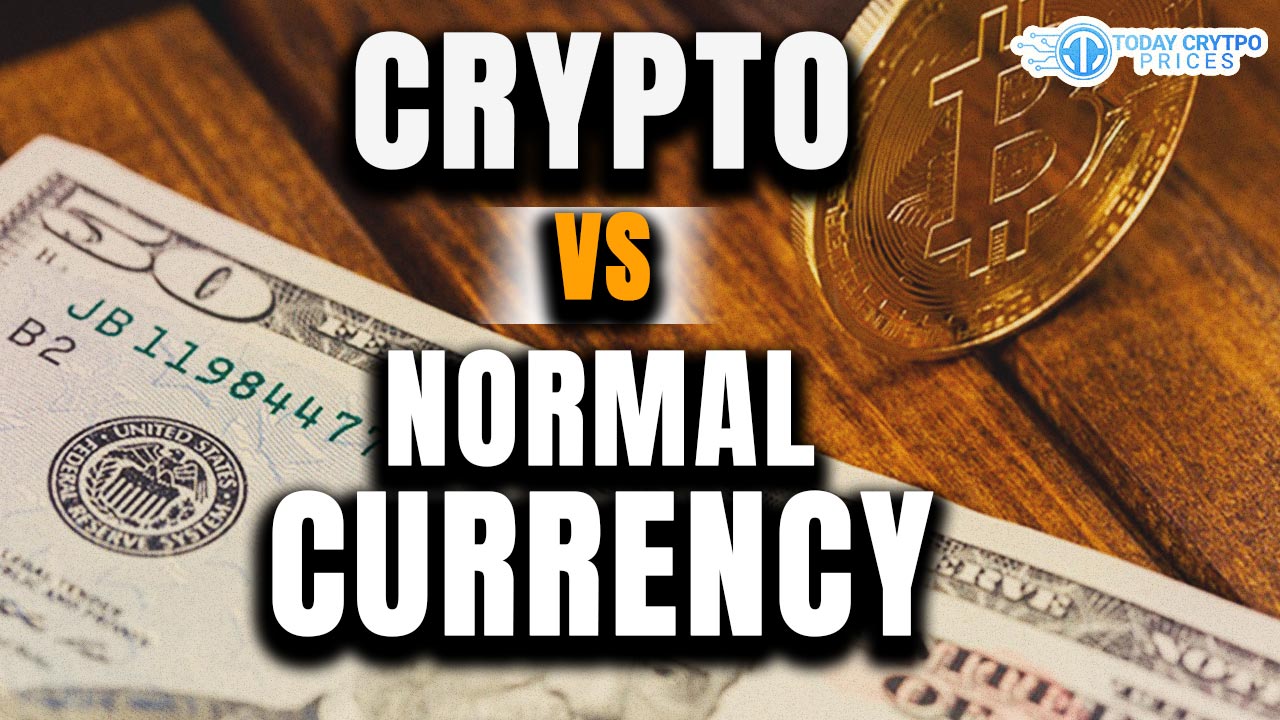Discover the nuances between cryptocurrency and traditional currency, exploring their functions, differences, and implications for the financial world. Dive into the world of digital currencies on sportsdesignss.com.
Cryptocurrency and Normal Currency: A Comparative Analysis
1. Understanding Cryptocurrency
- Subheading: Unveiling Cryptocurrency
- Subheading: How Cryptocurrency Works
- Subheading: Advantages of Cryptocurrency
2. Exploring Normal Currency
- Subheading: Defining Traditional Currency
- Subheading: Functioning of Normal Currency
- Subheading: Advantages of Normal Currency

3. Contrasting Features
- Subheading: Comparing Transaction Speed and Security
- Subheading: Assessing Accessibility and Global Acceptance
- Subheading: Analyzing Volatility and Stability
4. Considerations and Future Implications
- Subheading: Regulatory Challenges and Government Stance
- Subheading: Adoption and Future Trends
- Subheading: Investment and Risk Assessment
Conclusion:
The realms of cryptocurrency and traditional currency present distinctive avenues for financial transactions. While cryptocurrency emerges with technological innovation and unique advantages, traditional currency retains stability and widespread acceptance. Understanding the nuances of both is essential in navigating the dynamic future of finance.
FAQs
What is the main difference between cryptocurrency and normal currency?
The primary distinction lies in their form and underlying technology. Cryptocurrency operates on decentralized digital ledgers known as blockchains, while normal currency is centralized and issued by governments or financial institutions.
Is cryptocurrency legal and regulated like normal currency?
Regulations vary across countries. While some nations have embraced cryptocurrency with regulations in place, others have imposed restrictions or are yet to establish clear frameworks, unlike the established legal status of normal currency.
Are transactions with cryptocurrency faster and more secure compared to normal currency?
Cryptocurrency transactions are often faster due to blockchain technology, enabling near-instantaneous transfers across borders. Additionally, the cryptographic features of blockchain provide robust security, but the volatility of cryptocurrency can pose risks.
Which one is more widely accepted for transactions: cryptocurrency or normal currency?
Normal currency remains more universally accepted due to its long-established presence and government backing. However, cryptocurrency acceptance is growing steadily, especially in certain industries and online platforms.
